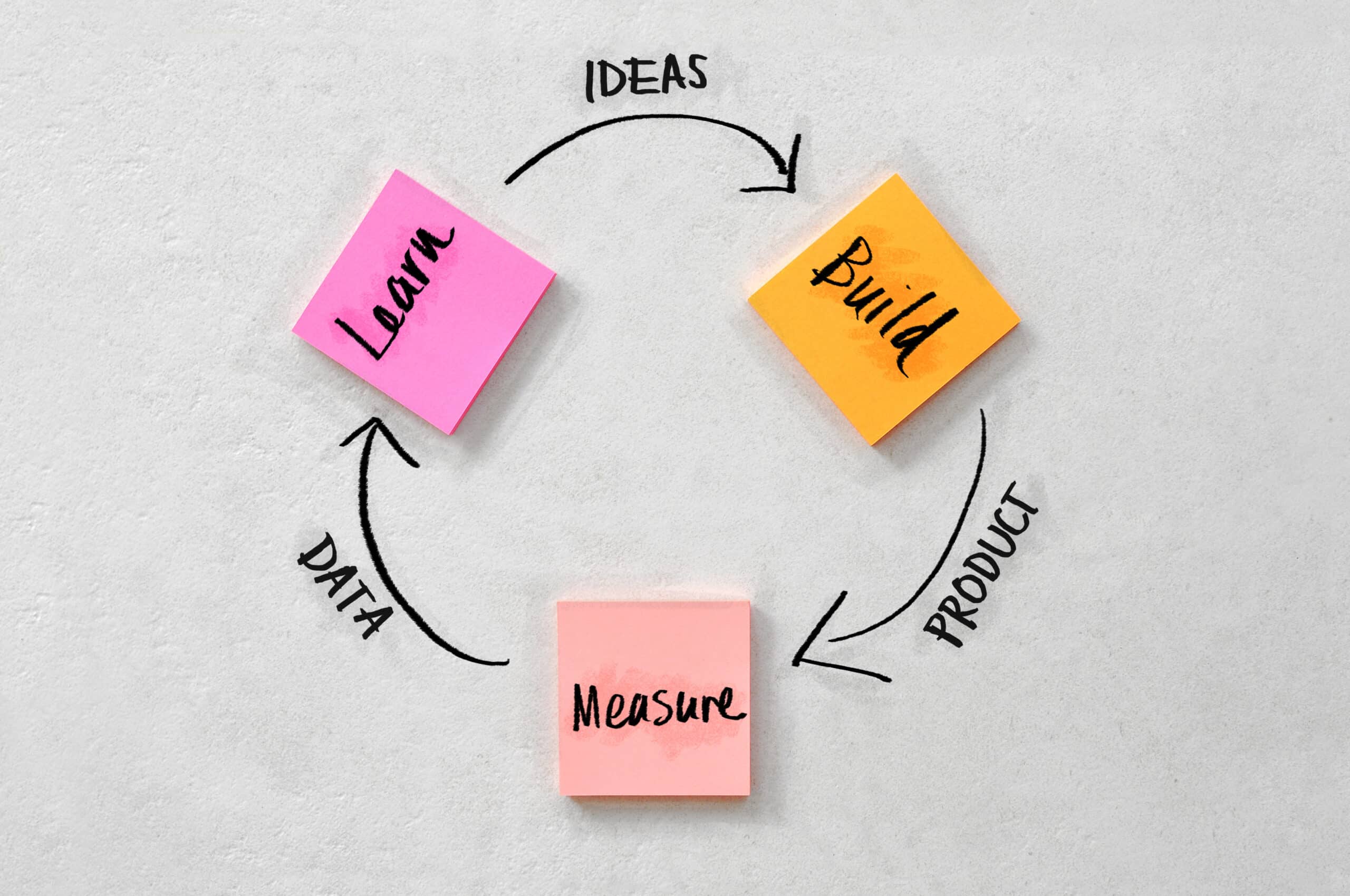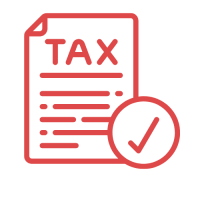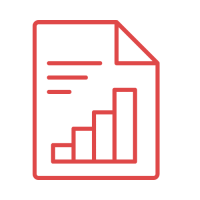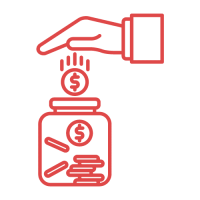Money is the lifeblood of business, and ensuring optimal cash flow keeps its heart beating and makes for smoother operations. An area that impacts cash flow is debt, but is debt good? What is good debt?
Sometimes, however, a business accrues liabilities during its operations. Accruing debt could be due to a loan, start-up costs, inventory and stocking costs, or even invoices not being paid for services rendered.
There are two kinds of debt that businesses can go into – good debt and bad debt. Determining the type of debt is highly dependent on how the business uses it.
Is Debt Good
Good debt has the potential to support your business’s growth and its ability to create and generate further wealth. Good liabilities could be when your business purchases an asset through borrowed money that generates income for the business. The return on investment for the asset exceeds its after-tax interest cost. In a seasonal industry, you could use a business loan to balance out uneven cash flow.
As a general rule, it generates more value or money than the loan itself costs. It allows you to expand by financing things for the business, such as equipment, premises, skilled employees and marketing.
Bad debt may come in two forms. The first is a loss your business has incurred because credit has been extended to customers that cannot be repaid or recovered (which should be expensed on your income account). It could also be a loan that your business takes out to finance things, such as growth or day-to-day operations.
A bad liability essentially affects the bottom line, disrupts the day-to-day activities and operations by affecting cash flow, constrain growth and even threaten the survival of your business.
However, even good debt can become bad if it is not carefully managed and controlled. Always have a plan for paying off liabilities in place, and try to pay off the more expensive forms of good before the cheaper good.
Solutions
Suppose it feels like you are waiting with bated breath for the creditors to knock on your business’s door due to unmanageable liabilities. In that case, you may want to consider the following:
- Conduct as much research into businesses you are entering into agreements with to determine the business’s legitimacy and that they are solvent (able to pay)
- Get advice from professionals, such as restructuring, business turnaround and insolvency experts as a matter of urgency. The sooner you contact them, the sooner you can put into place your options and potentially avoid closure.
- Work with creditors to reach new repayment arrangements.
- Consider restructuring and turnaround measures to give your business a lifeline, assist in the repayment of debts, and continue operations.
- Voluntary administration, receivership and liquidation are last-resort measures that result in shutting down your business and, less commonly, turning your business around.
If you require assistance with planning your business’s debt management solution, you should seek professional advice. Please consult with us on how your debt can become manageable today.













